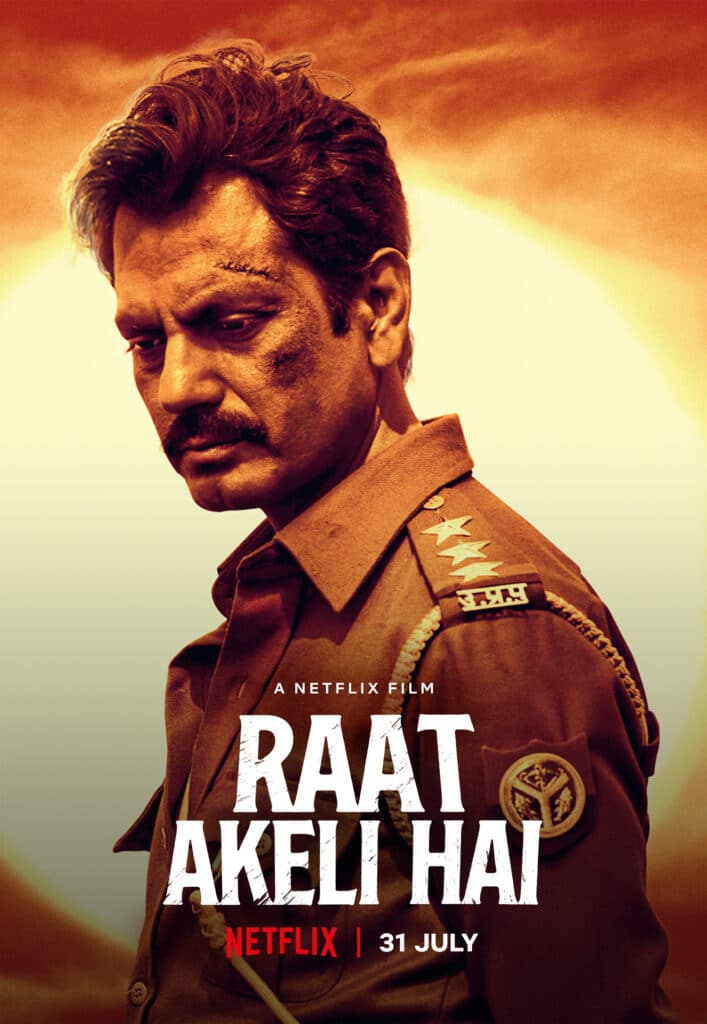
Most of the movies releasing on the OTT platforms this year were made for the theatres. And that is why, they will fail in one very important factor that contributes to streaming success.
The first need will be for the filmmakers is to understand their audience, their age group, motivation and the reason why they will stick through your entire narrative when they can be dabbling in a million different distractions which may gratify the forces of the amygdala. The humanization of the story is the most important factor. If the audience cannot connect with the characters, communicate with the actors, see them for the people they are and interact with them they will not watch them. It best to experiment with multiple formats like Q&A sessions, AMAs, “Behind the Scenes” videos, or online polls.
During these live streams, your audience will engage with your content a lot if you/ your cast, content producers and people who have an impact on the production can communicate with them via chat and react to their messages. Selection of the time of the day to start streaming is also an important factor- especially for the web series. There is a broad spectrum of factors that shape the correct answer; therefore, it’s not always a good idea to broadcast during your competitors’ live broadcast hours.Plus, it’s important to adjust the length of your broadcasts, according to your audience’s needs.
Marketing is not a one-off game. It requires consistency, prepare well-written social posts and releases that will announce the upcoming stream to spike the interest in your potential audience and motivate them to tune in, and also reinforce your consistency.
Regularly asking for the live audience’s opinion on certain matters will ensure that they feel cared for and appreciated.
Now having stated that, there probably will be a lot of such movies and content made for the theatres that may not hold the attention of the audience in a streaming platform – not because the content was bad but because of engagement.
Raat Akeli Hai despite a stellar cast, may have piqued and consolidated the interest of the streaming platform audience, but it strays and loosens its momentum, only to lose our interest in parts where it stalls.
Its a 2.5 hours long murder mystery with Inspector Jatil Yadav investigating the murder of a landlord in his bedroom when everyone of his family members seem to have a reason to want him dead.
The story weaves its narrative through the investigation slowly with events and revelations occurring at intervals not setting a pace for itself but meandering around exploring the characters deeper.
This can make the “at-home” audience drop its interest in what may happen next because the need for them know who is the killer gets waylaid in the momentum interposed with the banality of the cop walking out of his job to solve the crime.
The team of the movie is exemplary. From Nawazuddin Siddiqui to Shweta Tripathi and Tigmanshu Dhulia are standouts – to the cinematographer Pankaj Kumar (Talvar, Tumbbad) and writer Smita Singh (Sacred Games) and the Netflix sweetheart, Radhika Apte – all of the artists are exceptional.
But Raat Akeli Hai confines itself to be a murder mystery without side stepping into other socio economic domains that it could have enmeshed itself in.
The romantic subplot between the characters of Nawaz and Radhika, does not develop well as her character does not run enough depth.
The visual composition of the movie and its tenor is strong and visibly attractive. We would have definitely liked to see more pace, more momentum in the narrative and that is where we feel the movie failed at the streaming audience.
The murder mystery is nerve-racking and engaging. The movie is made with finesse and the director definitely knows the ropes of crafting a narrative. The actors are the strongest suite of this storyline. The creative writing, the cinematography and the visual appeal flow well into the story. Watchable. Only if there had been a velocity to the narrative, the package would have been perfect for the audience.




